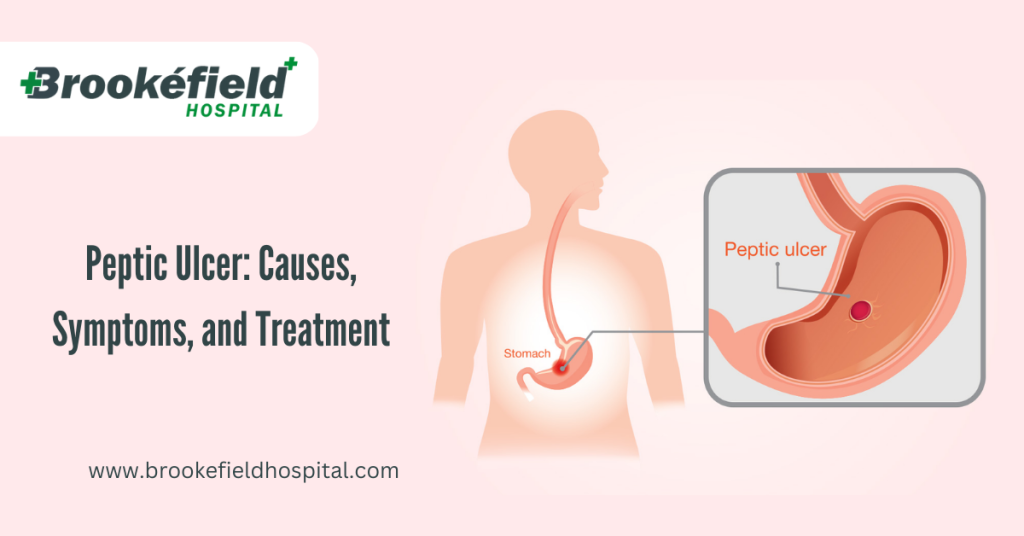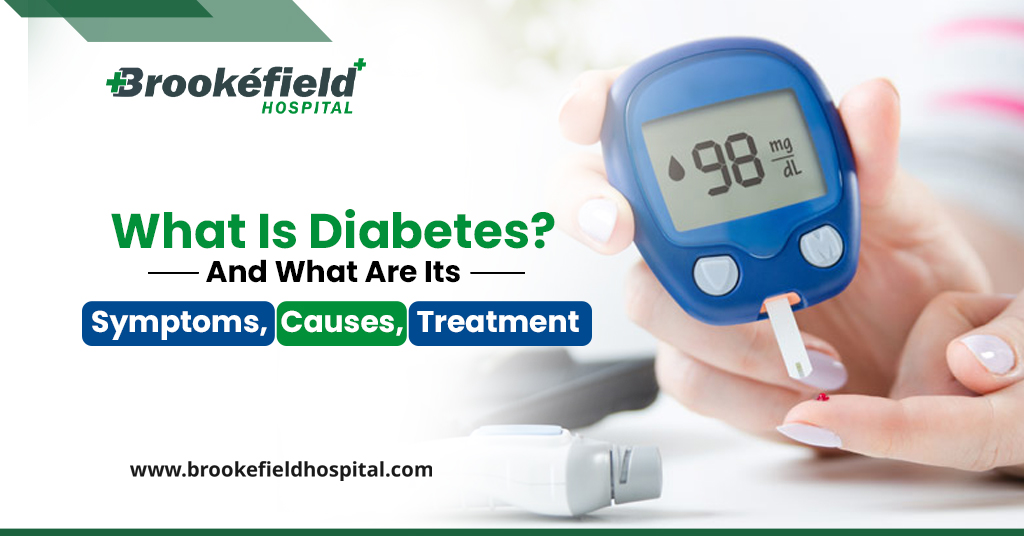A peptic ulcer is a common medical condition that affects millions of people worldwide. It is a sore that forms in the lining of the stomach or small intestine, causing discomfort and pain. This condition can be caused by several factors, including a bacterial infection, long-term use of nonsteroidal anti-inflammatory drugs (NSAIDs), and stress.
In this article, we will explore the causes, symptoms, and treatment options for peptic ulcers. We will also answer some common questions about this condition and provide tips for managing its symptoms.
Causes of Peptic Ulcer
A peptic ulcer is caused by an imbalance of digestive fluids in the stomach and small intestine. Here are some of the common causes of this condition:
- Helicobacter pylori (H. pylori) infection: This bacteria is a common cause of peptic ulcers. H. pylori can damage the lining of the stomach and small intestine, leading to the formation of ulcers.
- Long-term use of NSAIDs: Taking NSAIDs like aspirin, ibuprofen, and naproxen for a long period can irritate the lining of the stomach and small intestine, leading to a peptic ulcer.
- Stress: Although stress does not directly cause peptic ulcers, it can aggravate the symptoms and delay the healing process.
- Excessive alcohol consumption: Drinking too much alcohol can irritate the stomach lining, leading to peptic ulcers.
Symptoms of Peptic Ulcer
The symptoms of peptic ulcer can vary from person to person. Some people may experience mild discomfort, while others may have severe pain. Here are some of the common symptoms of this condition:
- Burning or gnawing pain in the stomach or upper abdomen
- Nausea and vomiting
- Loss of appetite
- Feeling full after eating small amounts of food
- Weight loss
- Bloated feeling
- Burping or belching
Diagnosis of Peptic Ulcer
If you suspect that you have a peptic ulcer, your doctor may recommend the following tests:
Endoscopy: This test involves inserting a thin, flexible tube with a camera into your mouth and down your throat to examine your stomach and small intestine.
Upper gastrointestinal (GI) series: This test involves drinking a liquid containing barium, which helps your doctor see your stomach and small intestine on X-rays.
Blood tests: Your doctor may recommend blood tests to check for H. pylori infection.
Treatment of Peptic Ulcer
The treatment for peptic ulcer depends on its underlying cause. Here are some of the common treatment options for this condition:
- Antibiotics: If your peptic ulcer is caused by H. pylori infection, your doctor may prescribe antibiotics to kill the bacteria.
- Proton pump inhibitors (PPIs): PPIs are medications that reduce the amount of acid produced in the stomach, helping to heal the ulcer.
- H2 blockers: H2 blockers are medications that reduce the amount of acid produced in the stomach, helping to relieve the symptoms of peptic ulcer.
- Antacids: Antacids are medications that neutralize the acid in the stomach, providing immediate relief from the symptoms of peptic ulcer.
- Surgery: If your peptic ulcer is severe or does not respond to other treatments, your doctor may recommend surgery to remove the affected tissue.
Looking for the best multi speciality hospital in Bangalore? Look no further than Brookefield Hospital! Our state-of-the-art facilities and highly trained medical professionals are dedicated to providing you with the highest level of care possible. Whether you need routine medical care, diagnostic services, or complex medical treatments, our team of specialists is here to help. Don’t wait any longer to get the care you need – contact us today to schedule an appointment and experience the difference at Brookefield Hospital.
FAQs
1. Can stress cause peptic ulcers?
While stress does not directly cause peptic ulcers, While stress does not directly cause peptic ulcers, it can make the symptoms worse and delay the healing process. Therefore, managing stress levels is important for managing the symptoms of peptic ulcers.
2. What are some lifestyle changes that can help manage peptic ulcer symptoms?
Making certain lifestyle changes can help manage the symptoms of peptic ulcers. These include:
- Avoiding spicy, acidic, and fatty foods
- Quitting smoking
- Limiting alcohol consumption
- Eating small, frequent meals
- Managing stress levels
- Getting enough sleep
3. Can peptic ulcer lead to complications?
If left untreated, peptic ulcer can lead to serious complications, including:
- Internal bleeding
- Perforation (hole) in the stomach or small intestine
- Obstruction (blockage) in the stomach or small intestine
- Therefore, it is important to seek medical attention if you experience symptoms of peptic ulcer.
Conclusion
A peptic ulcer is a common medical condition that affects millions of people worldwide. It is caused by an imbalance of digestive fluids in the stomach and small intestine and can be caused by factors such as H. pylori infection, long-term use of NSAIDs, and stress.
The symptoms of peptic ulcer can vary from person to person and can include burning or gnawing pain in the stomach or upper abdomen, nausea and vomiting, loss of appetite, and weight loss. Treatment options for peptic ulcers include antibiotics, PPIs, H2 blockers, antacids, and surgery.
Making certain lifestyle changes, such as avoiding spicy and fatty foods, quitting smoking, and managing stress levels, can also help manage the symptoms of peptic ulcer.
If you suspect that you have a peptic ulcer, it is important to seek medical attention to avoid complications such as internal bleeding, perforation, or obstruction in the stomach or small intestine.
Also Read:





